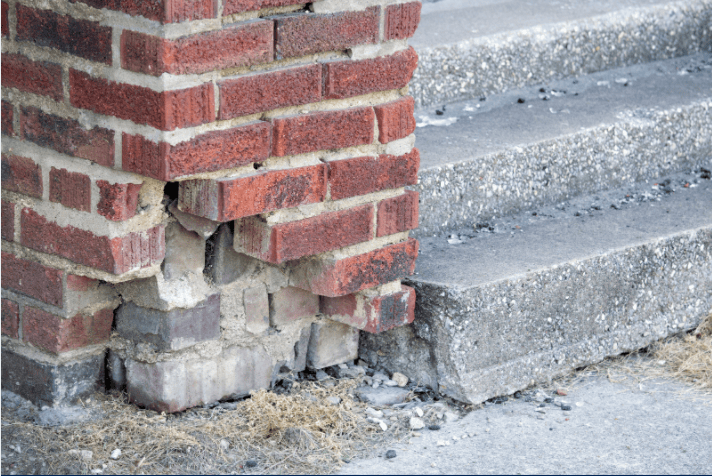Many Australians do not own their home and live in a rental property. Typically, the property is owned by a landlord who engages a real estate agency to deal with the day to day upkeep of the property.
If a tenant or visitor is injured due to a fault with the rental property, they may be entitled to compensation. The injured person may be able to sue the landlord, the real estate agency, as well as other parties such as a tradesperson if there has been faulty repair work.
Cases of this kind can be hard fought and have been considered by the High Court of Australia in Jones v Bartlett. In this case, the Plaintiff was injured after walking into a glass door which shattered. The glass did not comply with the Australian Standards in force at the time of the injury (having been installed decades before the injury). However, the Court held that the Defendant landlords were not negligent in failing to ensure this particular door kept up with the evolving Australian Standards.
However, a landlord or real estate agency cannot necessarily rely on this decision to defend a claim. Oftentimes, a case can be boiled down to: should the landlord/real estate agency have been aware of the defect in the property? If so, what (if anything) should have been done about it to prevent the injury?
A paper trail of complaints about a particular defect prior to the injury will help tip the case in the injured person’s favour. Injured persons should be careful to keep whatever evidence they may have (text messages, emails etc) which may help in proving the landlord/real estate agency was warned of a particular defect before an injury occurs. The injury should be reported to the landlord/real estate agency as soon as possible and in as much detail as possible.
Assuming the case is successful, the injured person is entitled to claim compensation for past and future economic loss, past and future care, pain and suffering and past and future medical expenses.
These cases often require both expert medical evidence (commenting on the physical and psychiatric injuries) and what is known as expert liability evidence, or evidence from someone with the right background (for example, a builder) to comment on what should have been done to make the property safer for occupation.
Strict time limits do apply to these claims, meaning injured persons should seek legal advice without delay to ensure they do not miss out on a potential entitlement to compensation.

